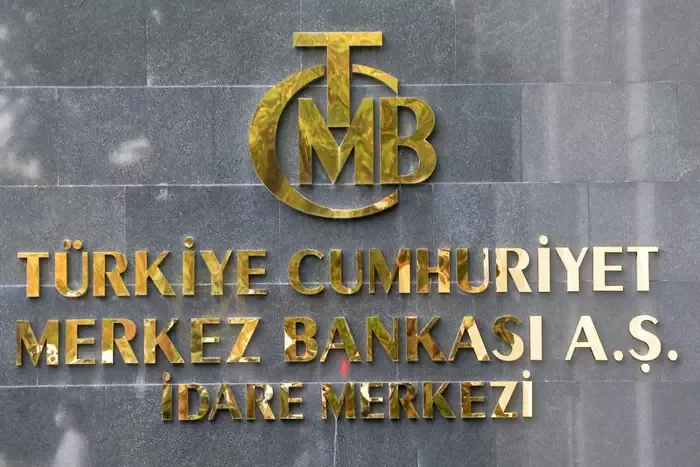简体中文
繁體中文
English
Pусский
日本語
ภาษาไทย
Tiếng Việt
Bahasa Indonesia
Español
हिन्दी
Filippiiniläinen
Français
Deutsch
Português
Türkçe
한국어
العربية
Turkish central bank warns lenders against FX transactions during ‘off hours,’ other issues
Abstract:Turkey’s central bank sent a letter to local lenders on Monday, warning them against conducting forex transactions with foreign banks during “off hours” and offering deposits with very high interest rates to avoid bond holding requirements.

The central bank has introduced rules in recent months to reduce the gap between the policy rate and lending rates and encourage loans to sectors including exports and production.
The latest rule mandates lenders with less than half of deposits in lira in 2023 to hold an additional seven percentage points of government bonds. Authorities have also sought to dissuade forex holdings.
The central bank said banks should not direct customers to hold funds from lira loans in demand deposits and they should also not allow lira loans to be deposited in accounts under a scheme that protects against forex depreciation, it said.
Such issues are “not supportive of establishing financial stability,” the central bank said, adding that lenders should make the maximum effort to abide by regulations.
The central bank had already warned banks last week about conducting forex sale-purchase transactions overnight, saying it will take “necessary measures” if the issue continues.
In the past, if central bank requests on various issues have not been followed, it has taken measures such as requiring banks to hold government bonds.

Disclaimer:
The views in this article only represent the author's personal views, and do not constitute investment advice on this platform. This platform does not guarantee the accuracy, completeness and timeliness of the information in the article, and will not be liable for any loss caused by the use of or reliance on the information in the article.
Read more

Georgia Man Charged in Danbury Kidnapping and Crypto Extortion Plot
Georgia man James Schwab charged in Danbury kidnapping tied to $230M crypto heist. Plot targeted couple for ransom after Miami altercation with son.

Bybit Shuts Down NFT Marketplace Amid Crypto Market Downturn
Bybit announces the closure of its NFT marketplace, citing efforts to streamline offerings. Discover the latest trends in the declining NFT market and its shift to utility-based growth.

March Oil Production Declines: How Is the Market Reacting?
Oil production cuts in March are reshaping the market. Traders are closely watching OPEC+ decisions and supply disruptions, which could impact prices and future production strategies.

How to Calculate Leverage and Margin in the Forex Market
Leverage amplifies both potential profits and risks. Understanding how to calculate leverage and margin helps traders manage risks and avoid forced liquidation.
WikiFX Broker
Latest News
Exposing the Top 5 Scam Brokers of March 2025: A Closer Look by WikiFX
Gold Prices Climb Again – Have Investors Seized the Opportunity?
Webull Launches SMSF Investment Platform with Zero Fees
Australian Regulator Warns of Money Laundering and Fraud Risks in Crypto ATMs
The Withdrawal Trap: How Scam Brokers Lure Victims into Paying More
FCA to Investors: Think Twice Before Trusting These Brokers
Trump\s tariffs: How could they affect the UK and your money
Trump gambles it all on global tariffs he\s wanted for decades
HTFX Spreads Joy During Eid Charity Event in Jakarta
How Will the Market React at a Crucial Turning Point?
Currency Calculator







